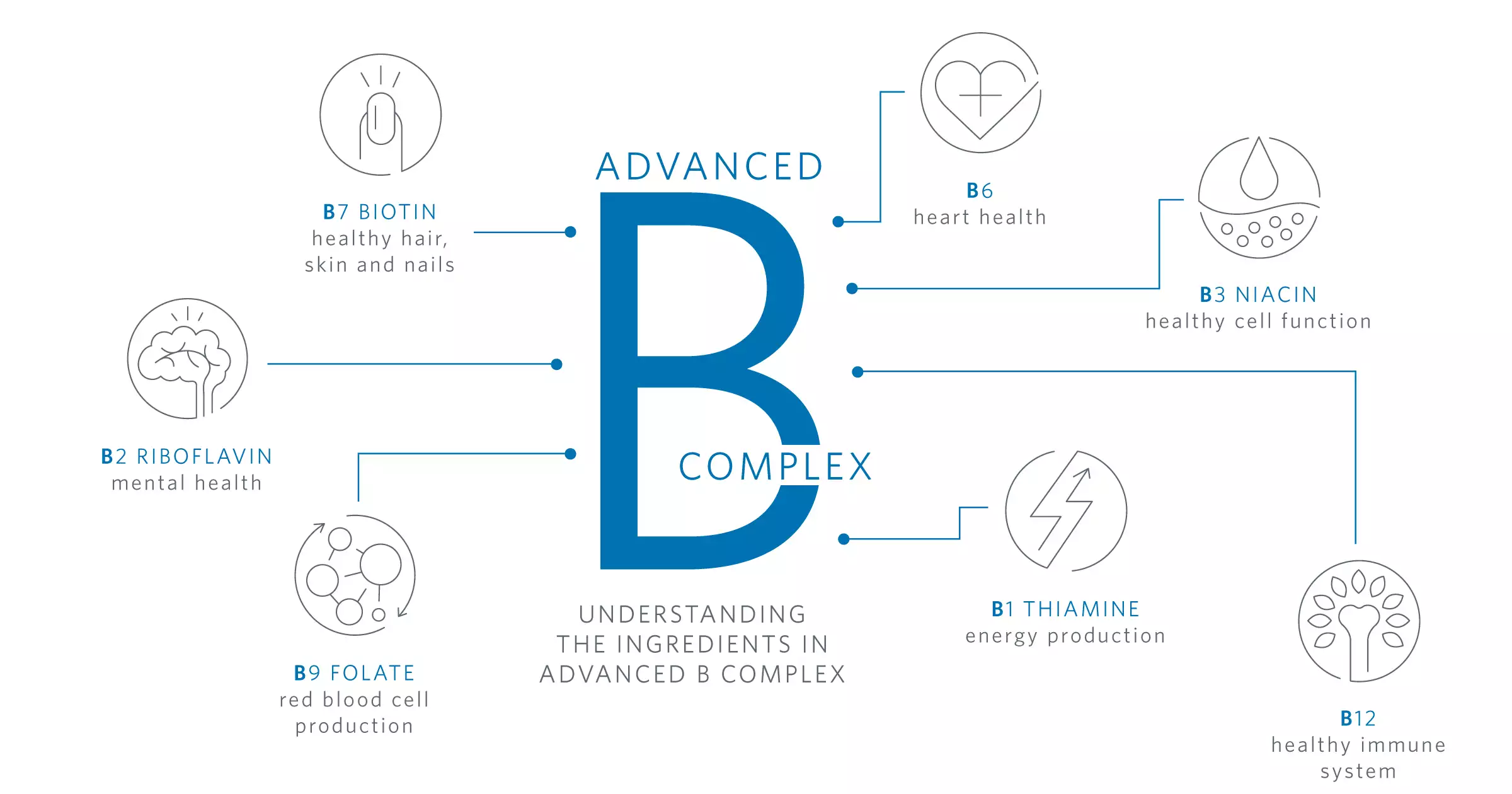Main Macronutrients and Their Roles:
Carbohydrates

It serves as the body’s primary energy source, providing the fuel needed for both physical and mental activities. Typical sources include bread, vegetables, fruits, grains, pasta, and potatoes. Whole grains and fiber-heavy foods like whole-grain bread, brown rice, and oats are great choices if you want consistent energy levels and support general health. These decisions give more prolonged energy and help control blood sugar levels.
Proteins

Protein maintains a healthy immune system, promotes muscle development, and builds and heals tissues. Meat, fish, dairy, eggs, legumes, and nuts are just a few of the foods from which they can be found. Including a wide variety of protein sources in your diet helps guarantee the body gets all necessary amino acids. This diversity maximizes the body's means of repair and maintenance and supports general health.
Fats

Long-term energy comes from fats, which also are vital for cell operation and brain function. Healthy sources abound in avocado, almonds, seeds, salmon, and olive oil. While reducing saturated and trans fats usually found in processed meals, give unsaturated fats—found in olive oil and fatty fish priority in promoting general health. Selecting appropriate forms of fats supports energy balance and heart health.
Balancing Macronutrients:
Determine Daily Caloric Needs
To determine your daily caloric needs, consider factors such as age, gender, and activity level. While elderly persons may need fewer calories to maintain development and energy needs, younger people and those with greater activity levels usually need more calories. Gender also affects things since men typically have more calorie needs because of more muscle mass. Evaluating these elements helps create a customized baseline for preserving energy balance and satisfying your body's demands.
Distribute Macronutrient Intake
Following broad recommendations for macronutrient consumption guarantees a balanced diet that satisfies your body's energy requirements and nutritional needs. Usually, 45–65% of your daily calories should come from carbs for fast energy. Ten to thirty-five percent of proteins should support immune system function and tissue healing. Fats should provide long-term energy and support brain function accounting for 20–35%. Changing these percentages depending on your goals, way of life, and degree of exercise will help maximize performance and health.
Adjust Based on Feedback
Ultimately, macronutrients are essential for sustaining general health, supporting body repair, and supplying energy. Promoting long-term well-being and properly fuelling the body depend on reaching a balanced consumption of carbohydrates, proteins, and fats. Your diet can be optimized to get the best potential results for both physical and mental health by carefully adjusting depending on personal demands and lifestyle elements.























